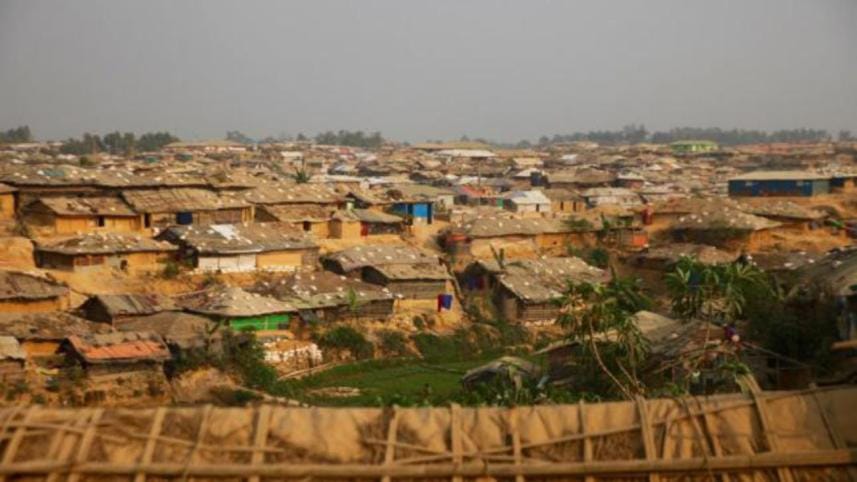Rising criminality in refugee camps

We are concerned by a spate of murders in Rohingya camps in the last six months that have left the refugees insecure among themselves. The killings—19, in total, including two ghastly murders of two community leaders—have not only sown fear among the already devastated group of people who fled widespread state-sponsored violence in Myanmar, their ancestral land, but have also raised questions about safety and security inside the camps in Bangladesh.
According to a report by this newspaper, as many as 55 Rohingyas have been arrested as part of the murder investigations, which have so far yielded no breakthrough. In addition, other serious crimes including rape, abduction and drug peddling have reportedly been committed inside refugee camps.
The government's announcement that it would deploy an additional 2,000 policemen to guard the camps is a welcome move, but it would be amateurish to hope that less than 3,000 police personnel would be enough to maintain law and order in camps where nearly a million are cramped in.
While the local police suspect the internal rivalry to establish supremacy or "silly matters" as the main reasons for those murders, the policymakers should contemplate the bigger picture. Too many people are living in ghetto-like camps, and there is little scope for them to do any meaningful work other than merely surviving on aid.
Unfortunately, there's no option other than channelling more resources to maintain the camps. While the current situation warrants more law-enforcement efforts, all stakeholders including the government and aid agencies should join hands to address the underlying reasons—such as unemployment and frustration among the youth. At the same time, all parties involved should double down on their efforts to repatriate these refugees to their motherland with their rights fully protected.



 For all latest news, follow The Daily Star's Google News channel.
For all latest news, follow The Daily Star's Google News channel.
Comments